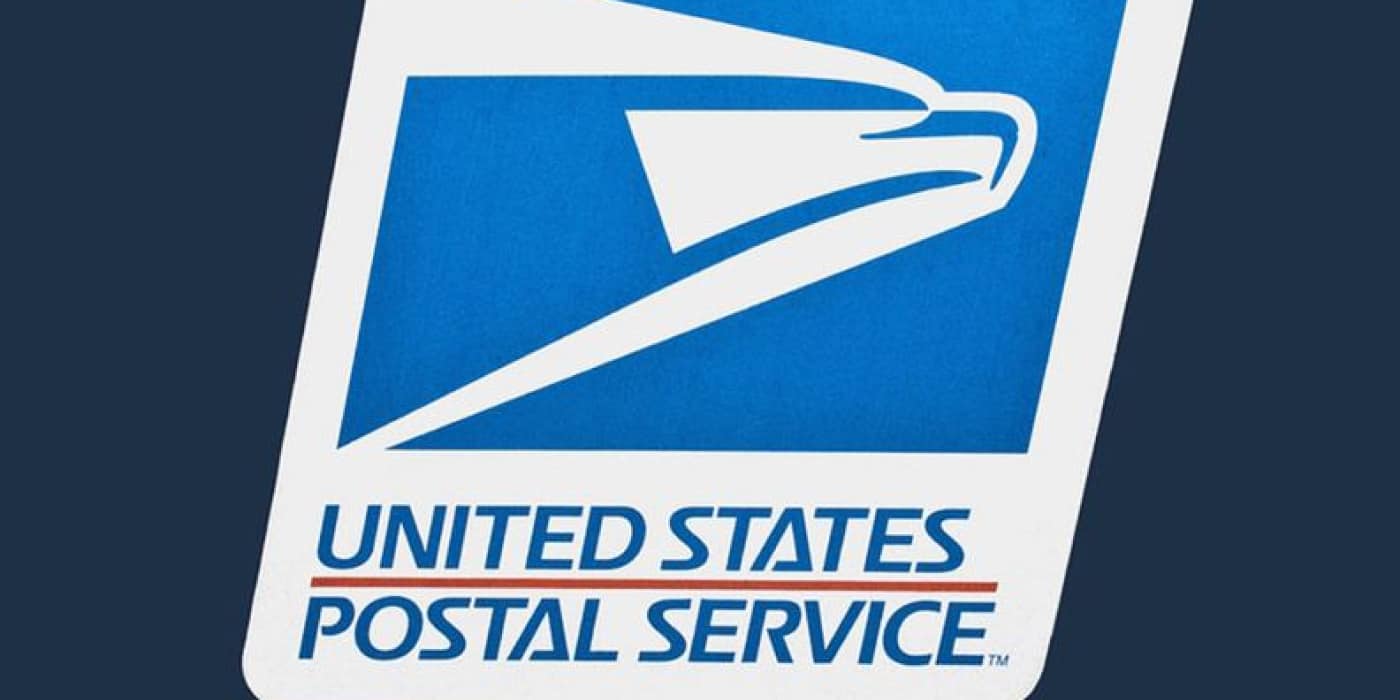Bringoz Industry Weekly 3/25
The U.S. Postal Service has ordered 50,000 next-generation delivery vehicles. FedEx plans to test electric carts to make deliveries on its signature Express routes. Instacart is launching a new offering that turns the on-demand delivery provider into a hosted omnichannel commerce solution. Read about these stories and more in our weekly news roundup.
U.S. Postal Service to Buy 50,000 Delivery Vehicles
The U.S. Postal Service said on Thursday it placed an initial $2.98 billion order for 50,000 next-generation delivery vehicles from Oshkosh Corp. and will double its initial planned EV purchases. U.S. Postmaster Louis DeJoy said that based on USPS’s reform efforts and “our improving outlook, we have determined that increasing our initial electric vehicle purchase from 5,000 to 10,019 makes good sense from an operational and financial perspective.” USPS said it expects the vehicles will begin appearing on carrier routes in late 2023. Read more on Automotive News.
4 Key Advantages to Centralized Delivery and Field Service Management
Using disparate systems or manual processes to manage field service and delivery teams is time-consuming and inefficient. However, businesses can optimize their segmented workforce by implementing a unified delivery and field service management solution. A single platform can provide businesses with an end-to-end solution to manage their workforces effectively, manage customer expectations, and ensure they provide timely service. Here’s a look at four advantages to using a centralized delivery and field service management solution. Read more in our blog here.

FedEx is Testing Electric Carts For Last-Mile Delivery
FedEx plans to test electric carts to make deliveries on its signature Express routes in 10 U.S. and Canadian cities throughout 2022. The company hopes electric delivery carts will help address a major challenge it faces in every big city it serves: lack of parking. So far, the delivery giant has tested using the EP1 electric cart made by General Motors’ BrightDrop in New York City and Toronto. FedEx is encouraged by the early results from its pilot program. The company said its tests in New York and Toronto show a courier can deliver 15% more packages a day with the electric carts than with a traditional delivery model. Read more on CNBC.
Instacart Launches eCommerce Platform
Instacart is launching a new offering that turns the on-demand delivery provider into a hosted omnichannel commerce solution. The company is rolling out a new feature called Instacart Platform, which offers a range of enterprise technologies retailers can use a la carte or as a suite. Instacart Platform is comprised of eCommerce storefronts custom-built for grocers, fulfillment solutions, digital integrations, advertising solutions, and data tools to help retailers optimize operations and provide more connected experiences. Read more on Chain Store Age.

Rental Car Delivery Startup Kyte is Growing its Fleet
Kyte, the on-demand car rental startup, has raised $200 million in asset-backed credit financing, money the company will use to fuel its expansion. Kyte is currently in 13 U.S. markets and will launch in Portland, Oregon this week. The company plans to grow its fleet to around 10,000 vehicles in the next year. While electric vehicles and vehicles with advanced driver assistance systems don’t make up much, if any, of Kyte’s current fleet, the company wants to prioritize those offerings for its customers in the future. Read more on TechCrunch.
Swisslog Partners With Berkshire Grey to Advance Robotic Fulfillment
With their partnership, Berkshire Grey and Swisslog aim to increase order fulfillment and maximize existing labor productivity. Initially focusing on the American market, the partnership entails Swisslog becoming part of Berkshire Grey’s Partner Alliance program as a strategic Systems Integration Partner that provides customers with scalable robotic solutions that improve fulfillment throughput while driving down operational costs. Swisslog has solutions in multiple flexible, scalable and modular automation technologies. Meanwhile, Berkshire Grey’s solutions combine artificial intelligence and robotics to automate warehouse operations. Read more on Progressive Grocer.
